Fascinating photographic guide to the stand-off between East and West in the 20th century.
“From Stettin in the Baltic to Trieste in the Adriatic, an iron curtain has descended across the Continent. Behind that line lie all the capitals of the ancient states of Central and Eastern Europe. Warsaw, Berlin, Prague, Vienna, Budapest, Belgrade, Bucharest and Sofia” – Winston Churchill, 5 March 1946
Following the Allies' victory in World War II, the European continent was soon divided into two broad zones of influence, with Eastern Europe coming under communist Soviet control, and the west under the oversight of the liberal democracies led by the United States. What developed over the next 40 years was a military and ideological stand-off that defined Europe and much of the world until 1989. In countries such as Germany, the Cold War divided families between the two zones of control.
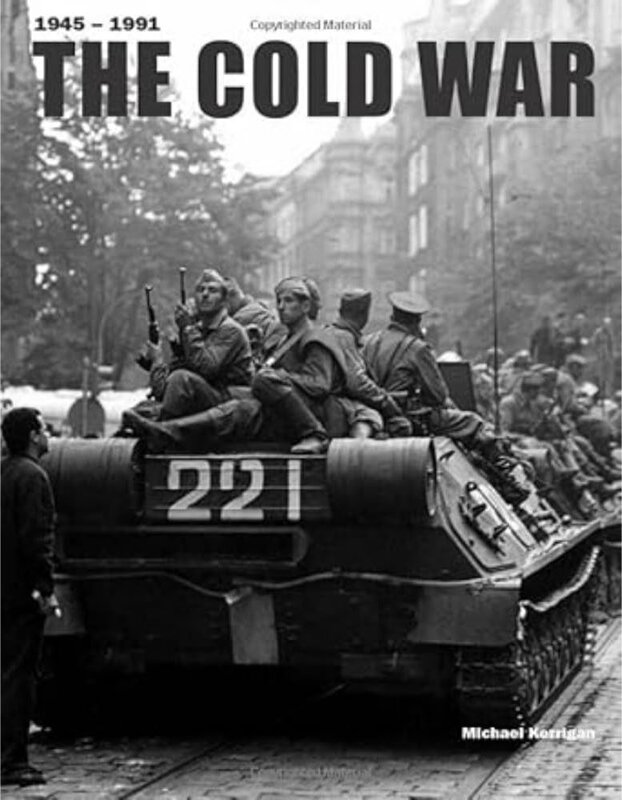
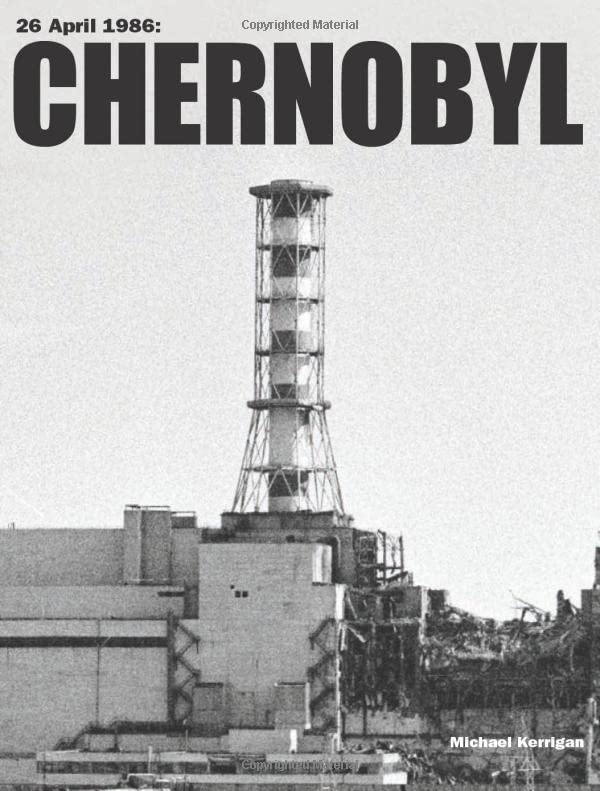
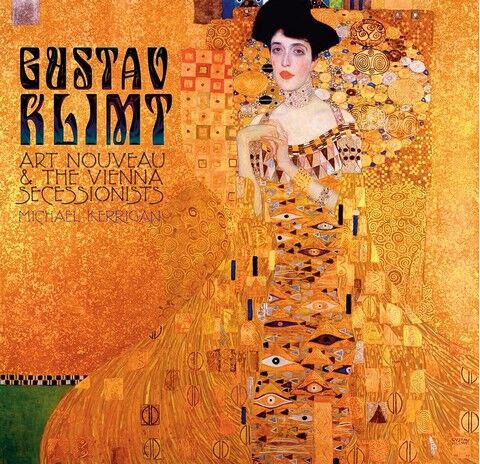
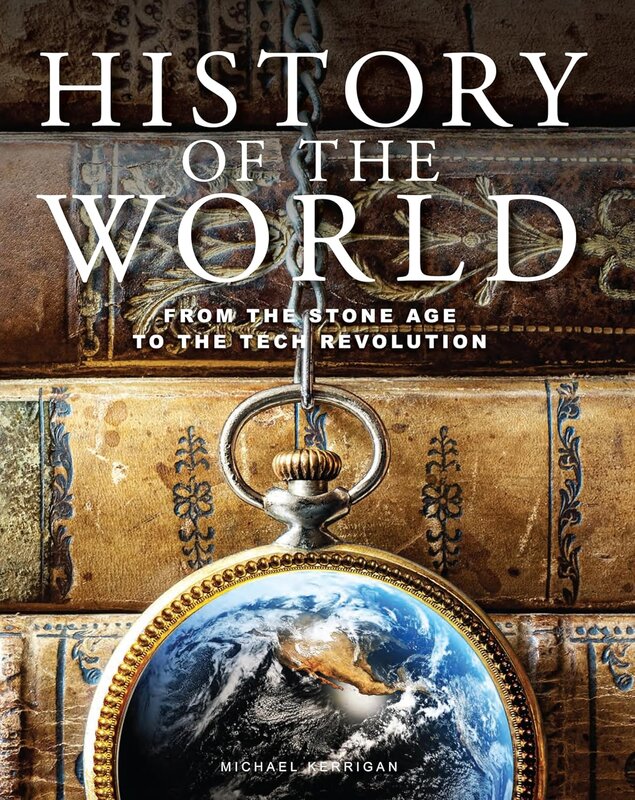

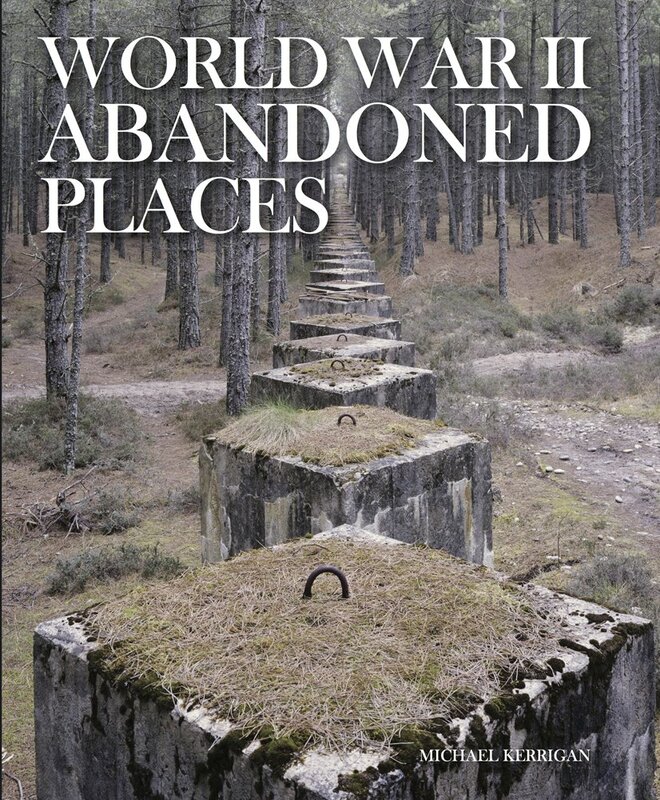
Коментарі
Немає коментарів. Будьте першим, хто залишить коментар!